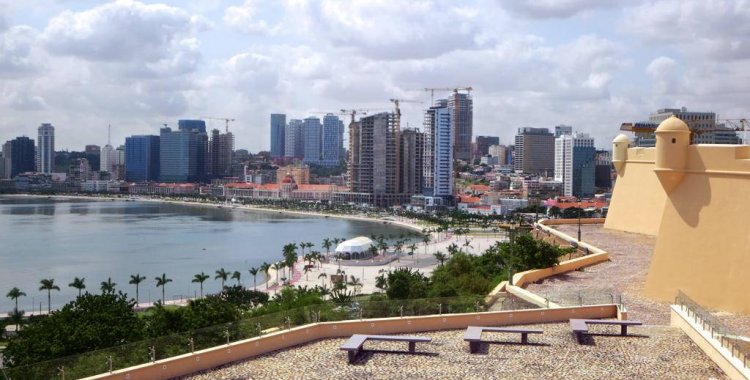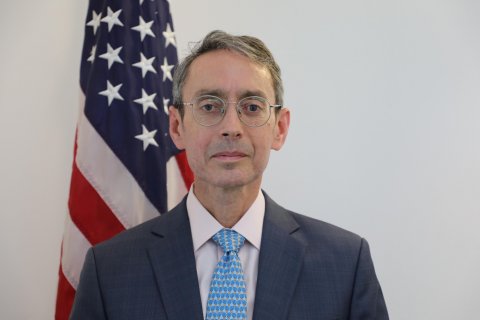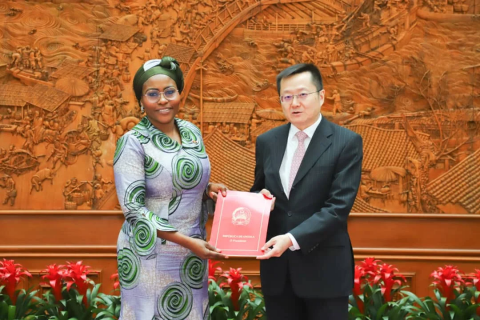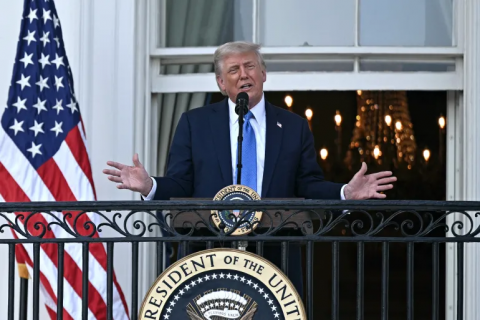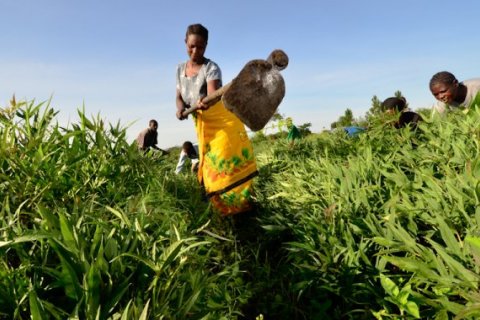"More than $ 190 billion in debt securities from frontier markets will reach maturity this year, of which 35 percent is in foreign currency, and by 2022 final payments are expected to increase to $ 200 billion, with Angola, Nigeria and Pakistan facing large payments before the end of 2021 ", reads in the first analysis of the Border Markets (MF) that includes Angola.
In the document, sent to private investors and to which Lusa had access, IFI economists write that "although investor relations and the practice of data transparency in many emerging markets have improved significantly over the past decade, sector statistics of debt remain incomplete for most MFs. "
On the other hand, they add, "the lack of transparency about the level and composition of public and private debt can make investors skeptical, while the absence of a comprehensive debt database remains an obstacle for investors. policy makers when seeking to identify risks ".
To try to make more information available to private creditors, who play a key role in resolving the debt crisis of the most vulnerable economies, including the main economies of African Portuguese Speaking Countries (PALOP), the IFI told creditors that "the new database has moved from 30 to 42 countries and incorporates all 22 countries that are eligible for the Common Debt Treatment Initiative in addition to the Debt Service Suspension Initiative (DSSI) and also those that have issued debt foreign currency (Eurobonds).
DSSI is an initiative launched by the G20 in April last year that guaranteed a moratorium on debt payments from the most indebted countries to more developed countries and multilateral financial institutions, with an initial deadline until December 2020, which was then extended until June of this year and that several observers argue that it should be extended until 2022.
This initiative only suggested to countries to seek debt relief from the private sector, while the Common Framework, approved by the G20 in November, argues that it is mandatory that private creditors be approached, even if it does not explicitly say what happens if there is no agreement between the debtor and the creditor.
The application for adherence to this Framework has been made, until now, by Chad, Ethiopia and Zambia, agitated investors and caused several downgrades in the 'rating' assigned by the financial rating agencies, as they anticipate losses for private investors.
The proposal put forward by the G20 and Paris Club in November is the second phase of the DSSI, launched in April, and which was widely criticized for not requiring private individuals to participate in the effort, as it would pave the way for indebted countries not to pay creditors and bilateral (countries and multilateral financial institutions) and continue to serve private debt.
This Framework aims to bring all debt agents to the field, including China's private and public banks, which have become the largest creditors of developing country governments, including Africans.

